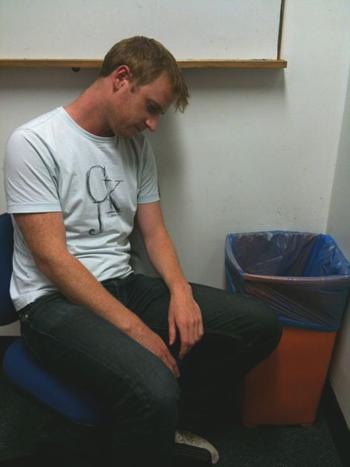Are You Choosing Haughtiness or Humility?
Proverbs 18:21 NRSV
Before destruction one’s heart is haughty,
but humility goes before honor.

Though my mom did a lot of amazing things in her life, she was basically unknown in a world filled with the famous and well-known. She never aspired to be an actress and yet she had a leading role in a movie starring a former Miss America; she also revised her role as Mary, the mother of Jesus in many churches. She never aspired to be a speaker, and yet she had her own radio show and appeared on television a number of times. She didn’t know how to write out music and yet she had three children’s musical published. If you were to meet her, you would think her charming but thoroughly ordinary. She was first and foremost a wife, mother, and homemaker. She sewed most of her own clothes, decorated her house with thrift store and yard sale finds, cooked almost every meal (burning her share of peas and corn), and lived humbly, never seeking fame or fortune.
Are You Choosing Haughtiness or Humility? Read More »




 The exasperated look of our Savior, indeed, conveys the message of “why did you say/do THAT?” And you and I know what that is. It usually has something to do with sin. Sometimes, we look downright foolish. I mean, c’mon, how many times in life have we, ourselves, done a similar face palm?
The exasperated look of our Savior, indeed, conveys the message of “why did you say/do THAT?” And you and I know what that is. It usually has something to do with sin. Sometimes, we look downright foolish. I mean, c’mon, how many times in life have we, ourselves, done a similar face palm?

 oppose God’s rule seems preposterous. Indeed, it is rare today to find anyone, either within the Christian community or elsewhere, who speaks in praise of weakness. Our understanding of power has become decidedly unparadoxical. We want our power untainted with anything as undesirable as weakness. We prefer peace through strength and salvation through self-reliance.
oppose God’s rule seems preposterous. Indeed, it is rare today to find anyone, either within the Christian community or elsewhere, who speaks in praise of weakness. Our understanding of power has become decidedly unparadoxical. We want our power untainted with anything as undesirable as weakness. We prefer peace through strength and salvation through self-reliance. crucially important. In addition to the resources of a therapist and/or a support group, having a safe community of people with whom to worship and learn can be a big help.
crucially important. In addition to the resources of a therapist and/or a support group, having a safe community of people with whom to worship and learn can be a big help.